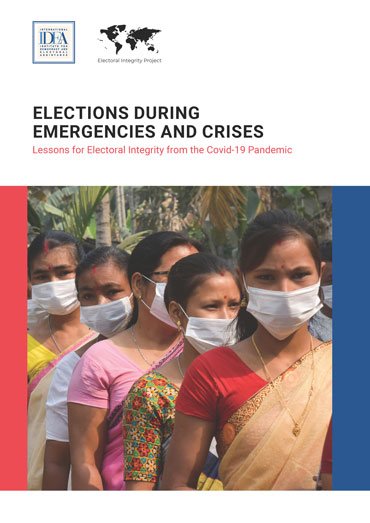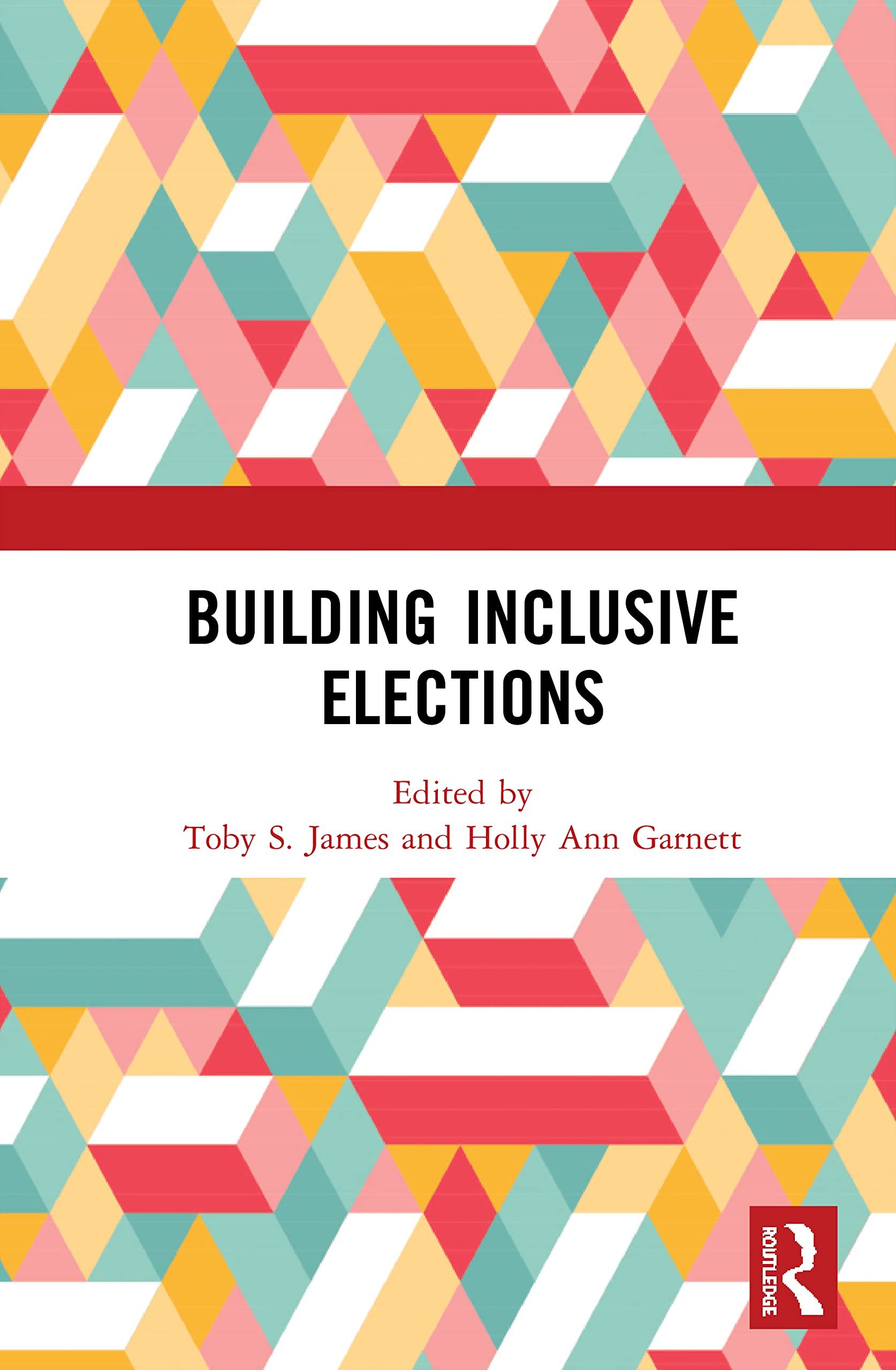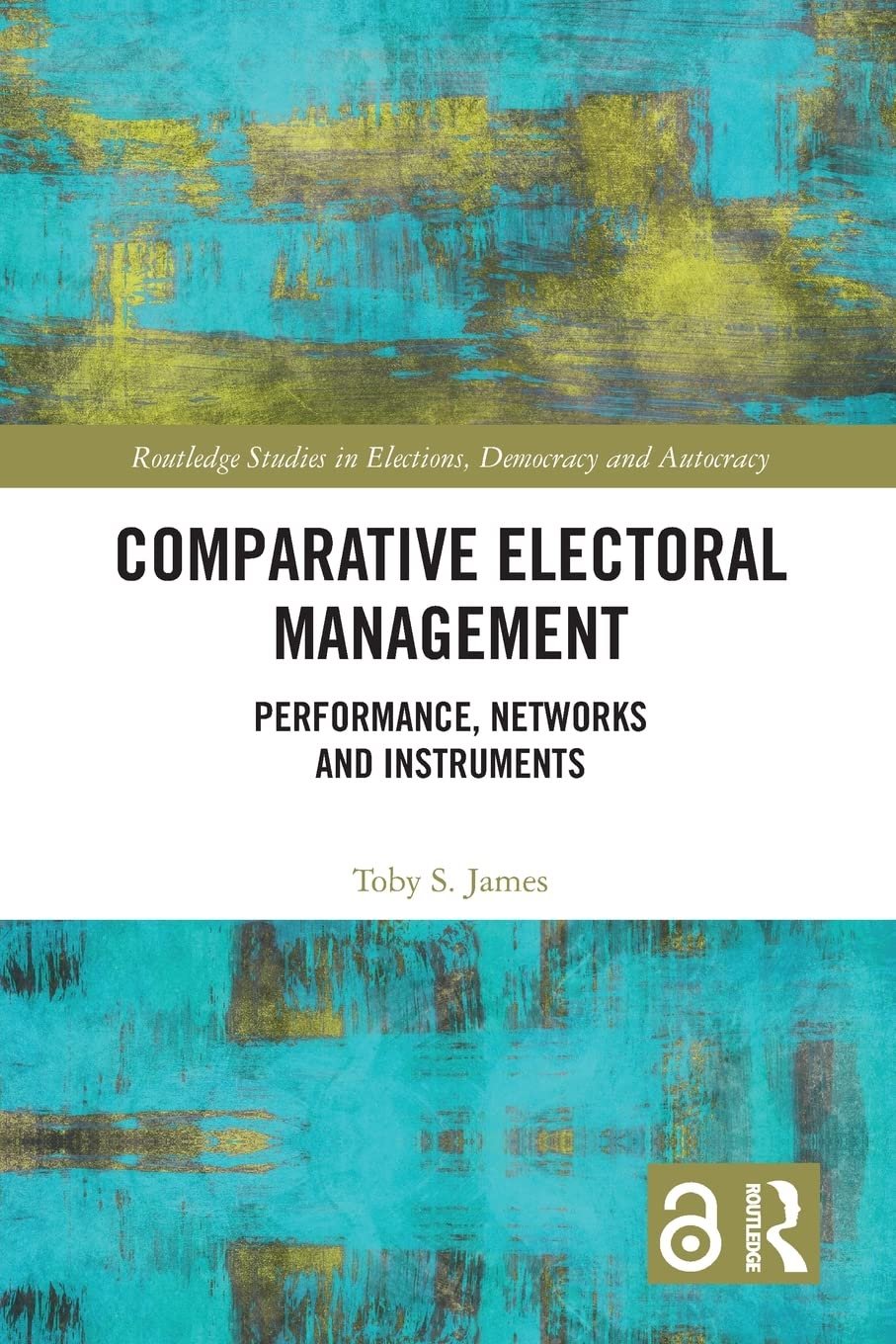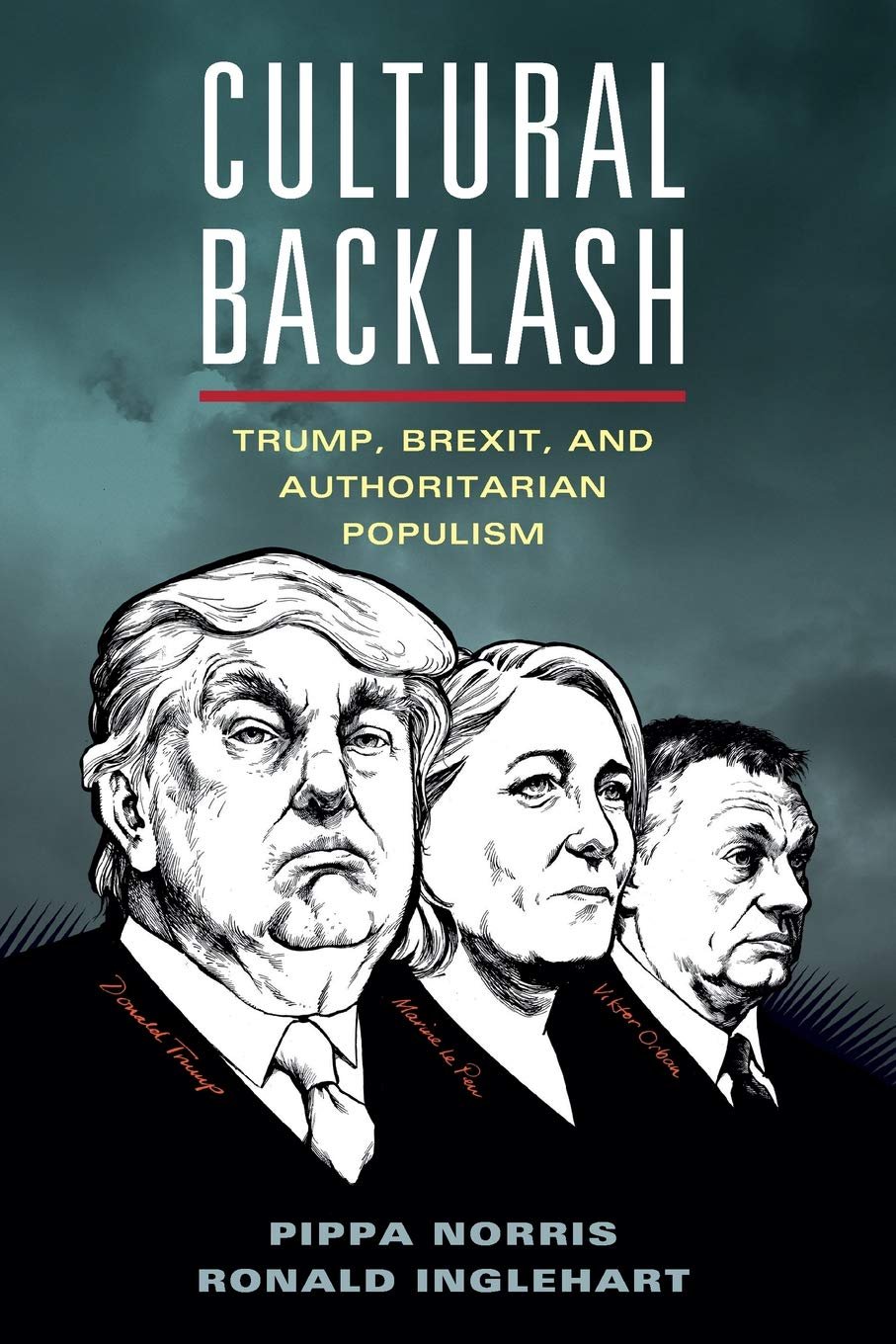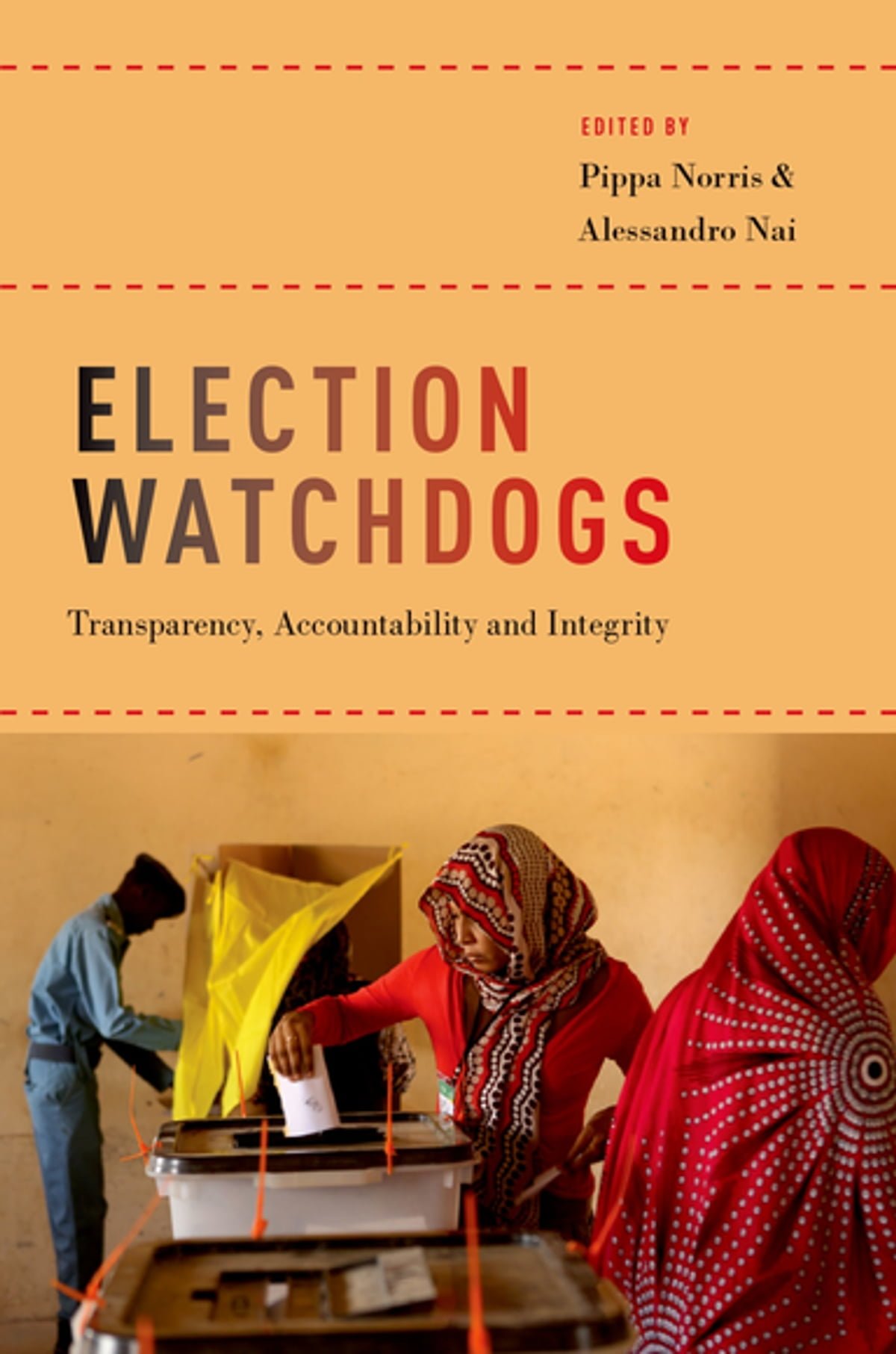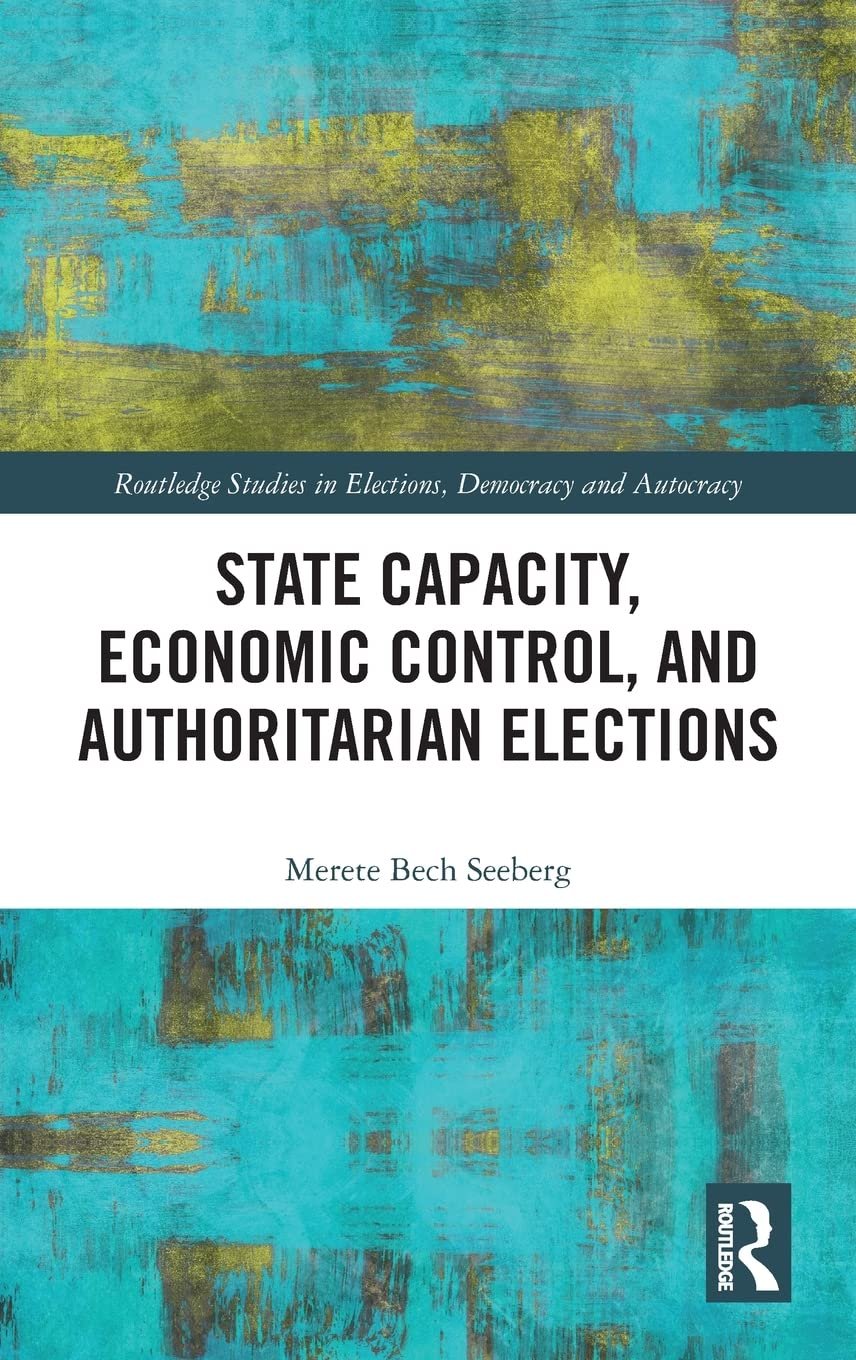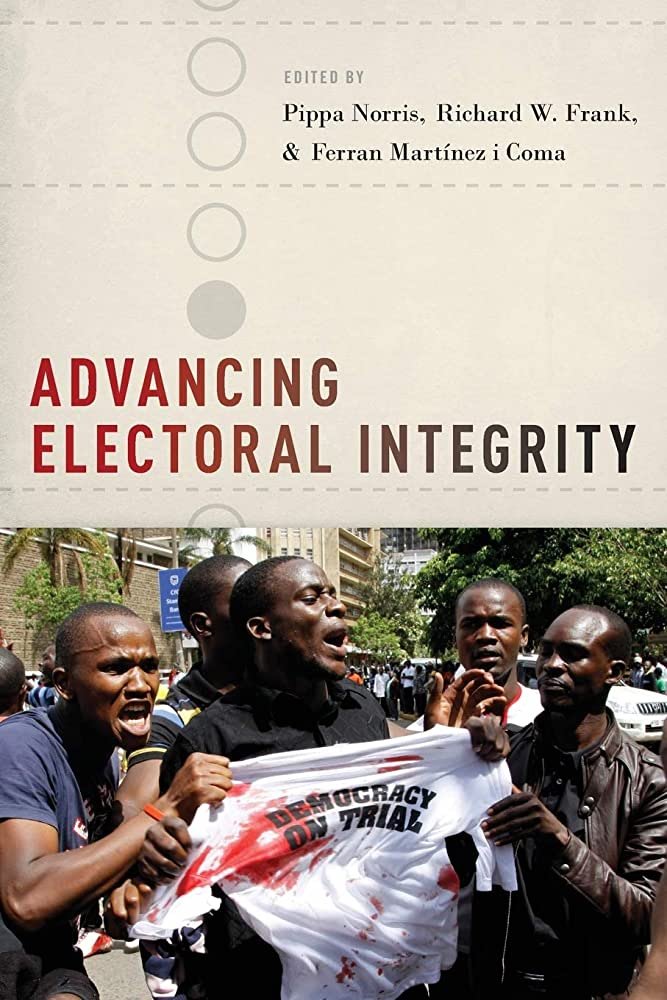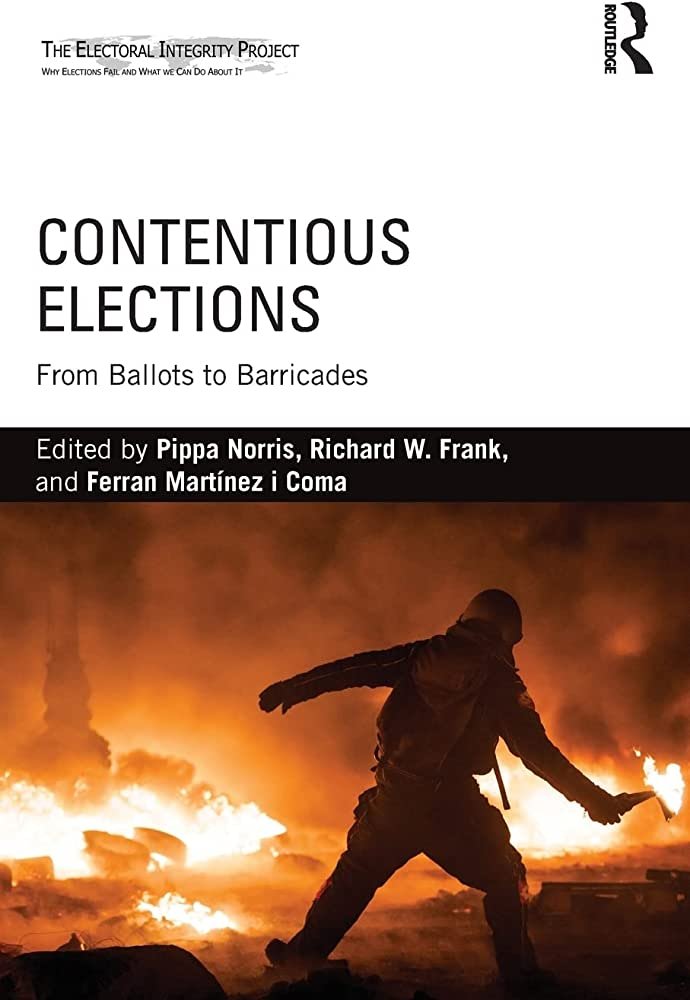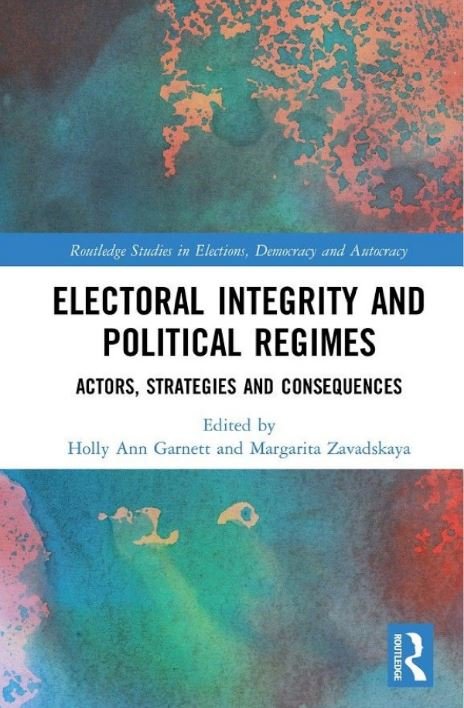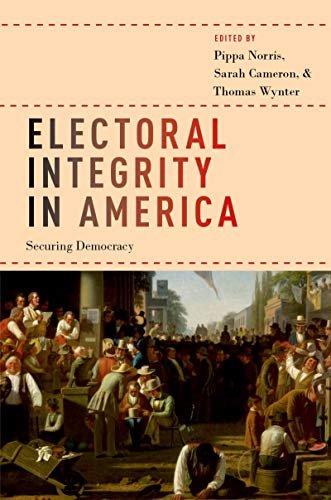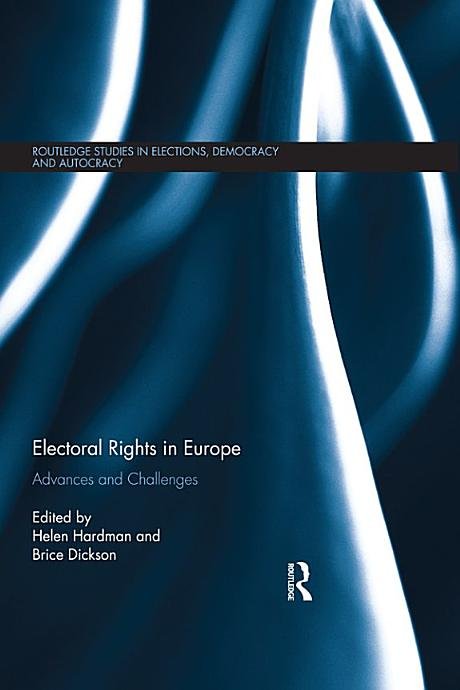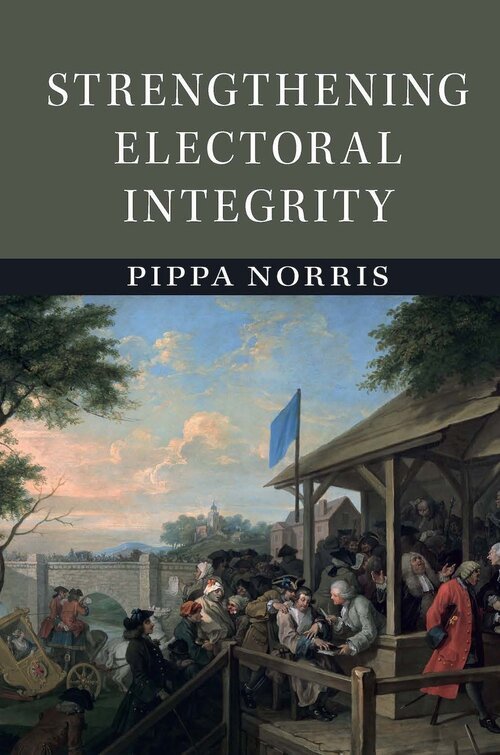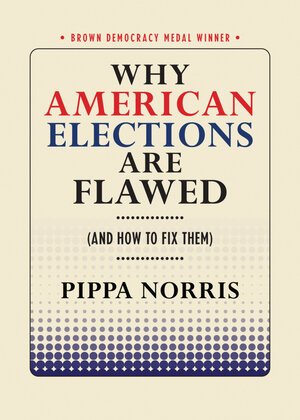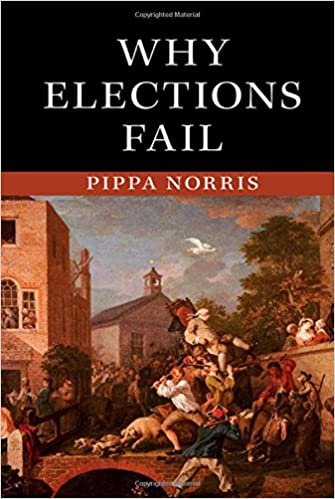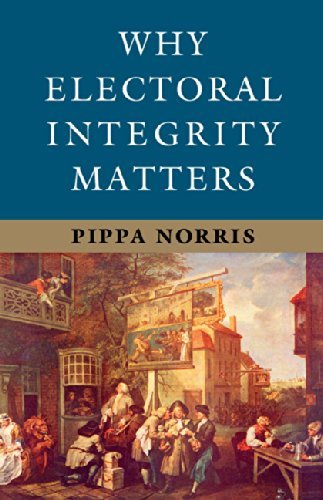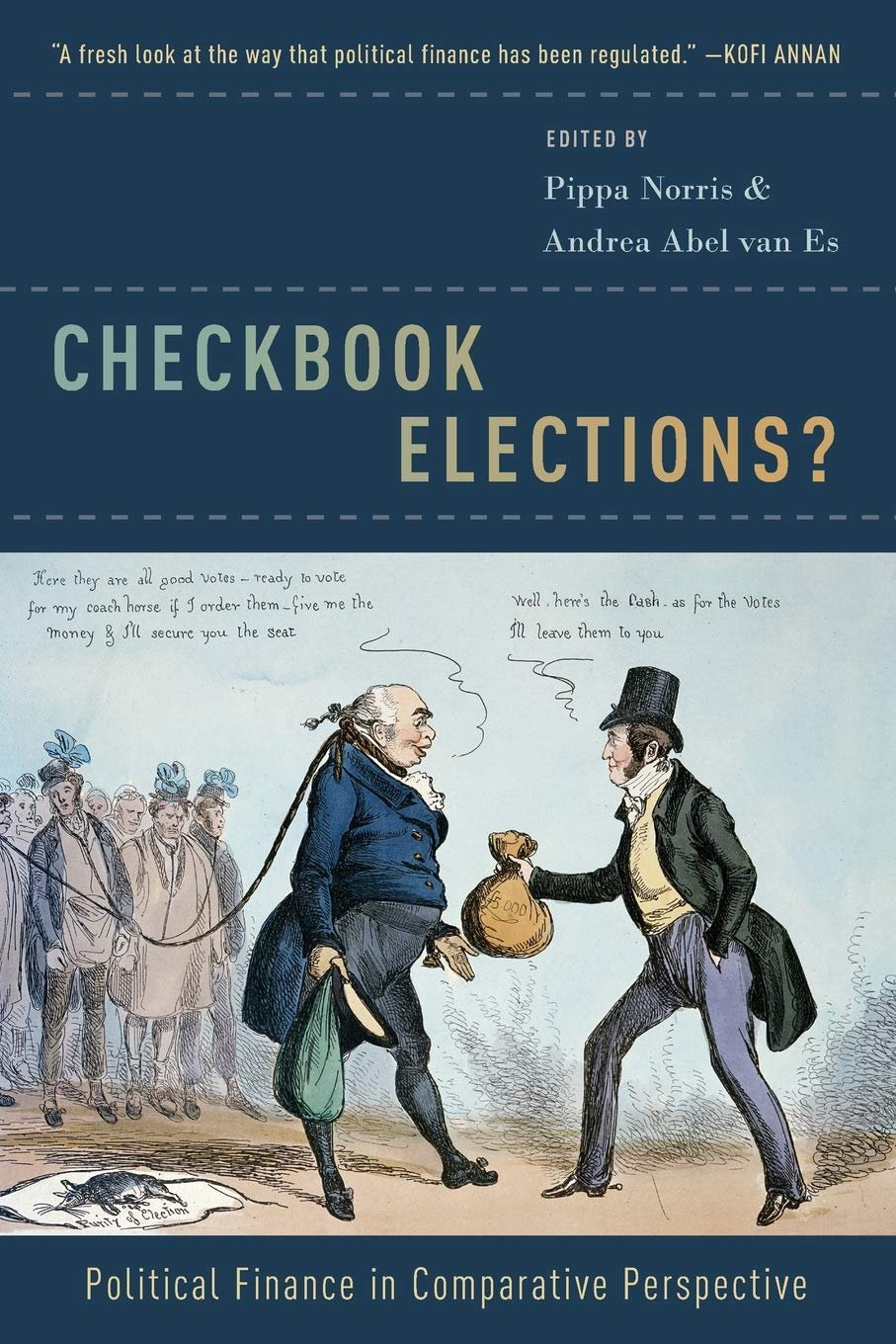elections during emergencies and crises:
lessons for electoral integrity from the covid-19 pandemic
………………………………………………
Toby S. James, Alistair Clark, and Erik Asplund
………………………………………………
SYNOPSIS
Elections often have to be held in emergency situations. The Covid-19 pandemic was one of the most serious emergency situations that the world has seen. The rapid spread of the virus presented a huge humanitarian threat—but also an unparalleled challenge to electoral stakeholders globally seeking to protect electoral integrity during times of uncertainty. This volume identifies how the pandemic affected electoral integrity, what measures were put in place to protect elections and what worked in defending them. It brings together a comprehensive set of 26 country case studies to explore how elections were affected on the ground, what measures were put in place and what worked. These case studies are of elections which took place in the eye of the storm when practitioners and policymakers were operating under uncertainty and without the benefit of hindsight.
To learn lessons in a more systematic way, this volume also provides a thematic analysis of electoral integrity during the pandemic using crossnational studies. This provides the big picture for policymakers, practitioners and academics looking back at the crisis. The volume therefore seeks to contribute towards the future development of policy and practice. However, it does so by using academic research methods and concepts which enable greater confidence in the policy lessons, as well as contributing directly to the scholarship on democracy, democratization and elections. The volume includes 11 areas of recommendation based on the evidence collected in this volume to protect electoral integrity in any future emergency situation.

